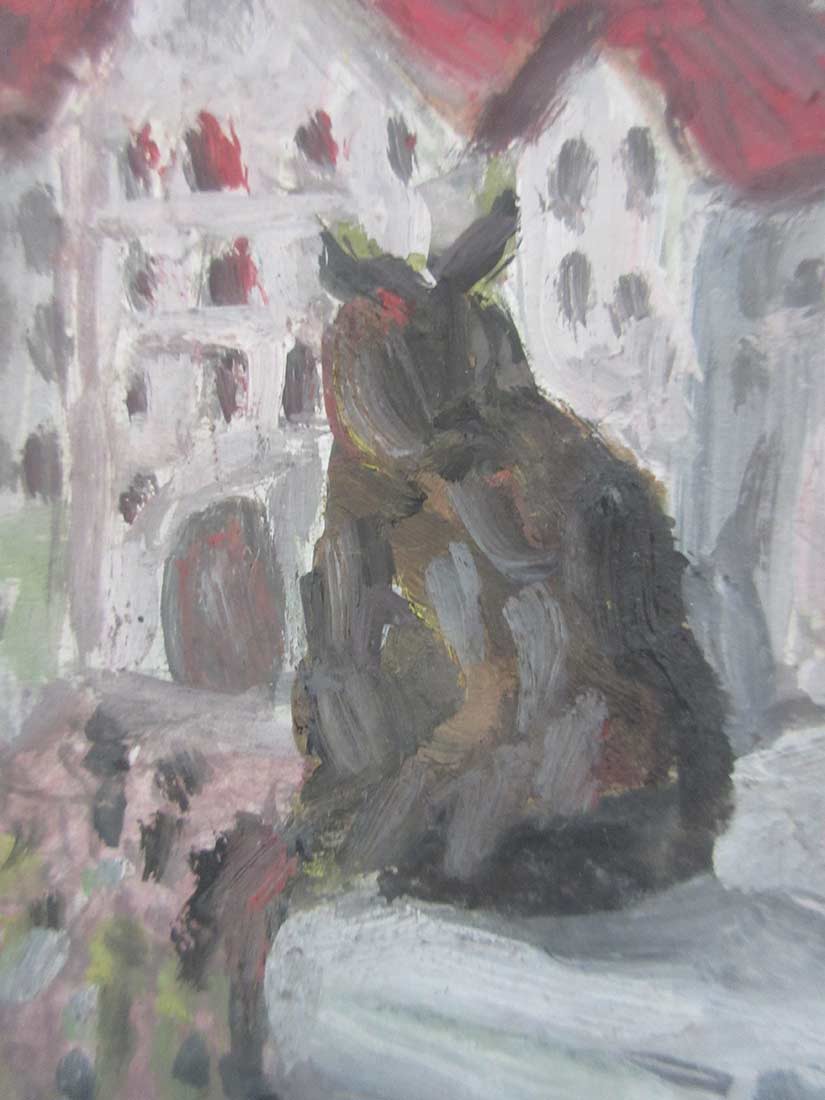About Chaim Soutine
Chaim Soutine was a French-Russian painter who created expressive landscapes, still lifes, and portraits, with sweeping brushstrokes that distorted reality. The many hours he spent time studying the still-life paintings of Jean-Baptiste-Siméon Chardin and Rembrandt in the Louvre, led Soutine to create his well-known Carcass of Beef series. “Once I saw the village butcher slice the neck of a bird and drain the blood out of it. I wanted to cry out, but his joyful expression caught the sound in my throat,” he once explained. “When I painted the beef carcass it was this cry I tried to liberate. I have still not succeeded.” Born Chaïm Soutine on January 13, 1893, in Smilavcihya (a Jewish shtetl near Minsk), Russian Empire (present-day Belarus), he attended the Vilna Academy of Fine Arts in Lithuania before emigrating to Paris, where studied under the academic painter Fernand Cormon at the École des Beaux-Arts. It was around this time that Soutine met Amedeo Modigliani, whose use of elongated forms to emphasize the psychological aspects of perception bonded the two artists and provided mutual inspiration. In the decades that followed, Soutine experienced success, including the sale of 60 works to the American art collector Albert C. Barnes. The artist died on August 9, 1943, in Paris, France. Today, Soutine’s works are held in the collections of the Art Institute of Chicago, the Hermitage Museum in St. Petersburg, The Museum of Modern Art in New York, the Tate Gallery in London, the Musée de l’Orangerie in Paris, and the Los Angeles County Museum of Art among others.


